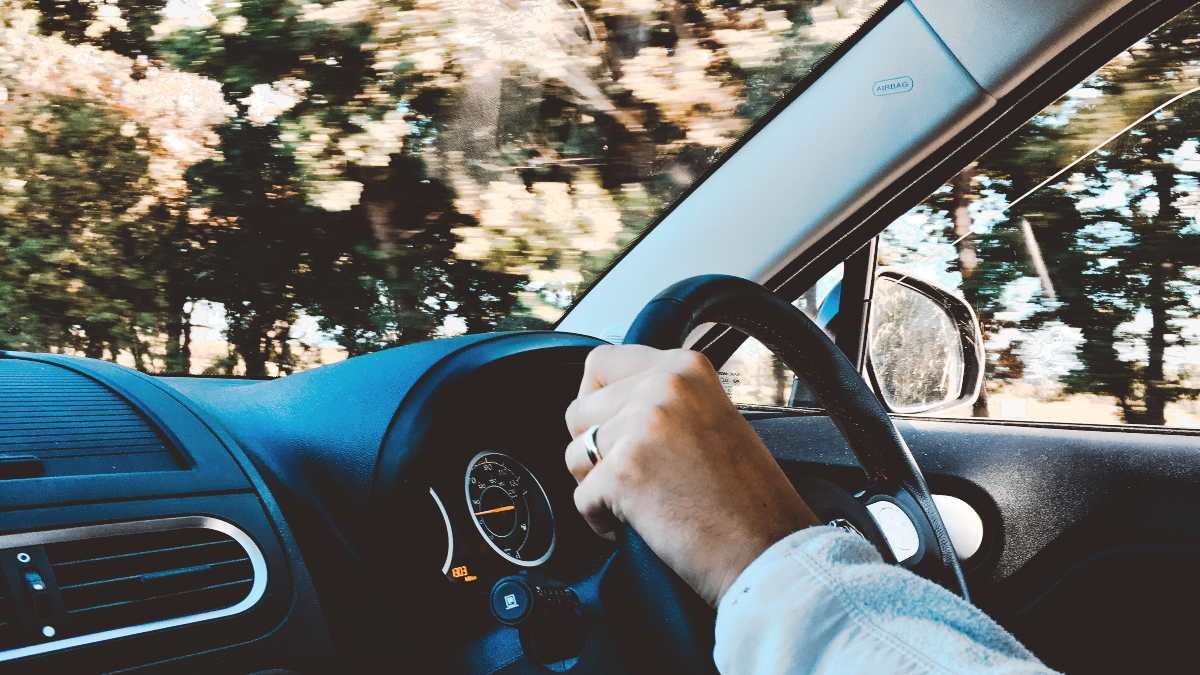What Should You Expect On Your Driving Lessons
Learning to drive is a life experience that you will no doubt remember for the rest of your life. Training to become safe on the road is a big investment in not only your money but also your time. What should you expect on your driving lessons is Pass Me Faster’s guide to help you make the best choice you can.
To book a driving lesson or course call us on 07838166663 or message. Alternatively, send us an email via our contact booking form.
Now then, think about this –
The average learner driver (not on an intensive course) will take at least three months to get through their driving test! Choosing the right school for you could be the difference between living the dream or being stuck in a nightmare.
Believe it or not, learning to drive should be an enjoyable experience!
Everyone is different when it comes to driving lessons, what’s good for the goose isn’t always good for the gander. Saying that, there are still some things you can look out for to make sure you make the best choice possible.
Away let’s have a look –
A Positive Learning Environment
I don’t know about you but I always learned best at school in the lessons that seemed more fun. Maybe that was because they were the subjects I liked, or was it how the teacher delivered them? There’s one thing for sure, a positive learning environment on a driving lesson will develop your skills far quicker than a negative one. Do you feel happy and excited at the end of your driving lesson or sad and anxious?
It’s been proven that anxiety is a massive barrier to learning. If your feeling depressed or anxious your brain shuts down and learning will recede dramatically.
Your driving instructor should help you to develop your confidence on the road. We’re not saying everything will be perfect and you will never make mistakes but you should feel a nice balance between getting things right and getting things wrong.
Plenty Of Wheel Time
Pulling up at the side of the road is an essential part of a good quality driving lesson. Stopping will give you the chance to have a bit of a breather, discuss faults, and work on a plan to master what went wrong. Although a great way to analyze faults safely does there come a time when it is too much? There should be a balance between on-road driving and stopping for analysis.
If you’re spending the majority of your driving lessons stopped at the side of the road you may not be getting very much bang for your buck. Remember, when it comes to learning to drive the doing is where most of the learning takes place.
Alternatively, if you’re just diving around all lesson without stopping, this may also hamper your learning. You need to stop from time to time so your instructor can make sure you fully understand something or to create new learning goals.
As for the first lesson, if you have never driven a car before there will be more chatting to start with. Unless you have specifically asked not to drive on your first lesson there’s no reason why you shouldn’t have a little go of the car.
A Clean Tuition Vehicle
It’s strange to believe but a clean car makes you drive better. I know, it sounds crazy but I remember training for my instructor’s driving test years ago. My trainer’s car was always sparkling clean and tidy vs my private car (a battered rover I delivered Chinese takeaways in). I had to practice for my test in-between lessons in a messy car that smelt of last nights Chinese takeaways. Trust me, sitting in a beef and black bean sauce box was started to turn my driving from sweet to sour!
No one wants to sit in a smelly rubbish skip for two hours so make sure your tuition vehicle is clean and tidy.
Progress Reports And Feedback
Everyone learns to drive differently. Some people may be great at parking but then have poor anticipation skills. Others may see hazards a mile off but be able to completely destroy a car park. What we’re trying to say here is that everyone’s learning is personnel. Your instructor should keep a report of what you’ve covered and what still needs to be done. Make a note of your strengths and weaknesses and some of the ideas you have about what to learn next.
We’re not saying they should have a rigid form full of boxes to tick like an examiners DL25 marking sheet. A note pad and pen will not only help keep lessons targeted on what you need and want but also keep track of lessons paid for already.
